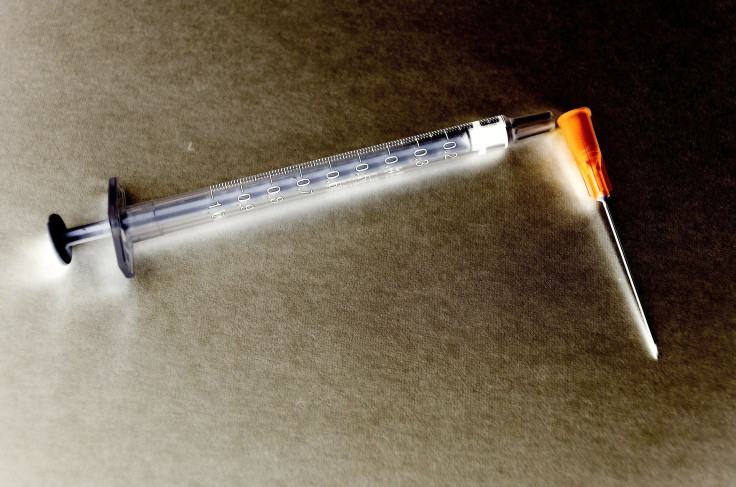New Biosensor Test Can Detect HIV One Week After Infection

A new development might be able to detect HIV within a week of infection — faster than is possible with current testing. Researchers at the Spanish National Research Council create a tiny chip, sized like a grain of rice, which detects a protein attached to the HIV virus, known as p24 antigen, according to R&D magazine.
Read: HIV Cure 2016: Treatment Successes And Near Misses Of HIV Positive Patients
There are two ways of detecting HIV, Aids.gov explains. The first is RNA tests that spot the virus directly as soon as it appears in the blood stream, which is about 10 days post infection. The second, and most common form of testing, are antibody screening tests, which look for antibodies that your system produces against HIV.
The biosensor is an example of RNA testing and lowers detection time from about two weeks to one by sensing the p24 antigens at concentrations 100,000 times lower than currently detectable. Human serum is placed on the biosensor for one hour at a specific temperature, reports RT.com, before being incubated for 15 minutes. Gold nanoparticles are used to mark where the p24 proteins appear.
"The test takes a total of 4 hours 45 minutes, which is really rapid,” says CSIC researcher Javier Tamayo in an article on RT.com. “In fact, to confirm the diagnosis you could even repeat the test and the clinical results could be back on the same day as the medical examination.”
Early detection is important in treating HIV and preventing its spread. The Maricopa Integrated Health Systems writes that those who are unaware of infection are 3.5 times more likely to transmit the virus. Many test positive late in the disease, about one-third, making it impossible to get the full benefits of treatment.
The team hopes that they can us this to develop a fast and cost-effective way to test HIV in developing nations with high rates of the disease. Aside from HIV, the biosensor is being used to detect early stages of certain cancers, reports RT.com.
See Also:
HIV Cure 2017? New Research Suggests Way To Theoretically Eliminate Virus From Body



























